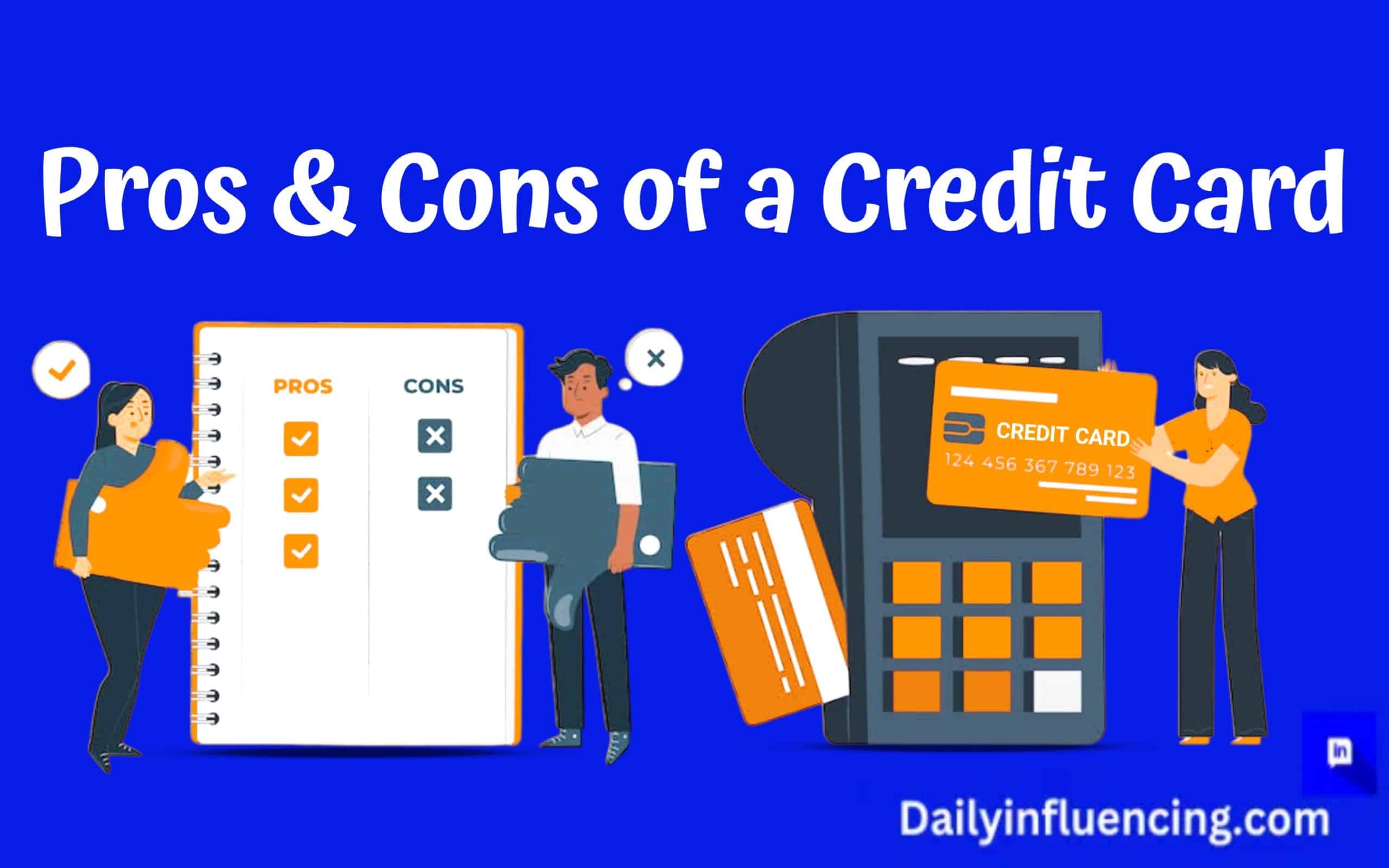
Everything that has an advantage has a disadvantage, and this couldn’t be more true about credit cards. While they’re a financial tool that can help you build your credit score and give you the ability to buy things now and pay later, they also come with their own set of challenges.
For small business owners, credit cards can be a lifesaver or a potential headache. It all depends on how you use them. As a Nigerian business owner, you’ve probably heard people talk about credit cards and how they help to grow a business. If you’re contemplating about getting one for yourself, then read to the end.
This blog post is a guide for small business owners to help you understand what credit cards are, why they matter to you and their advantages and disadvantages.
By the end of this post, you will not only understand the pros and cons of a credit card but also the best practices for using it. Let’s get started.
What Is A Credit Card?
A credit card is a plastic card usually issued by a bank or financial institution. This card has a credit limit, which simply means the maximum amount you can borrow from your credit card. Think of it as your usual debit card (ATM). The only difference is that you must pay back the money spent at the end of the month or risk incurring charges.
Why Does A Credit Card Matter To Business Owners?
Having a credit card as a business owner can help you keep things running smoothly, even when business is a bit slow. With a credit card, you can manage your day-to-day expenses without affecting your cash flow. In addition, building a solid credit history can help you, especially when you’re trying to qualify for future loans or financing. Using credit cards responsibly shows that you know how to manage money, and it signals to banks and lenders that you’re reliable and trustworthy when it comes to finances.
The Pros Of Having A Credit Card
We’ve looked at what a credit card is and its importance to business owners, now let’s look at the advantages of owning one.
Serves as an emergency fund backup
Emergencies and unexpected expenses can pop up and disrupt business operations. Having a credit card helps you sort things out for the meantime without having to make drastic financial decisions.
Helps you build credit history
Using your credit card wisely can help you build a good credit score. This comes in handy for future financing, investments or partnerships.
Gives convenience and flexibility
Credit cards make it easy to pay for things online, especially when dealing with platforms that do not accept direct transfers. They offer a convenient way to complete transactions quickly and securely without needing to rely on bank transfers or other payment methods that might not be supported.
This is particularly helpful when shopping on international websites or using services that require instant payment
Includes perks and rewards
Some cards, especially business credit cards, offer cashback, discounts, and travel rewards. Moreover, business credit cards usually offer higher credit limits.
Provides safer transactions
Credit cards come with fraud monitoring, which helps to catch fraud activities before it escalates. More importantly, unlike your debit cards, a credit card is not linked to your bank account. This means that any compromise is limited to the card and does not affect your savings or business funds.
The Cons Of Having A Credit Card
While these cards offer convenience, flexibility and ease, there are certain disadvantages that comes with them, especially when used without caution. Let’s look at some of the disadvantages.
High interest rates
When you use a credit card, you’re essentially borrowing money from a bank or a financial institution. If the amount spent is not paid in full by the due date, interest will be charged on the remaining balance. When this interest piles up, it can lead to overwhelming debt. This can negatively affect your credit score.
Poor credit score
Your credit score is like your financial report that shows how well you’ve managed your credit card. This score is calculated based on several factors. However, late payments and high credit utilization can lead to a poor credit score. This can make it difficult to secure loans or other lines of credit for your business.
Read up on how to understand your credit score.
Not accepted everywhere
Despite their growing adoption, credit cards are not accepted everywhere. This leads to certain business owners hesitating on whether to get one or not.
Temptation to overspend
These cards are designed to make spending easier, but this convenience can lead to overspending. A credit card can give you the illusion of having more money than you actually do, and spending this money carelessly can lead to debt accumulation. For instance, a small business owner buys unplanned equipment or software without assessing if the business needs it but solely on the fact that the money is there.
How To Use A Credit Card Responsibly
Don’t spend more than you can afford: Create a budget to help you establish the amounts you need to spend each month. This helps to avoid overspending and limits the inability of the business owner to pay back in full.
Pay your balance in full: Always try to pay off the full balance each month. This way, you can avoid high interest charges and ensure that you’re not accumulating debt that could hurt your credit score.
Use it as a business tool: Use the card as a tool to grow and expand your business and not to fund unnecessary spending.
Monitor your expenses: Track your expenses and always review your purchases to make sure you’re not making any unnecessary expenses.
Conclusion
Just like we said at the beginning, everything that has an advantage has a disadvantage. But its clear how the advantages of this card surpass its disadvantages. Having a credit card can help you access funds when you need them, acts as an emergency fund backup and can also include rewards and perks. However, there is a need to spend consciously, create a budget and also track your expenses to avoid an accumulation of debt that will end up affecting your business operations.




